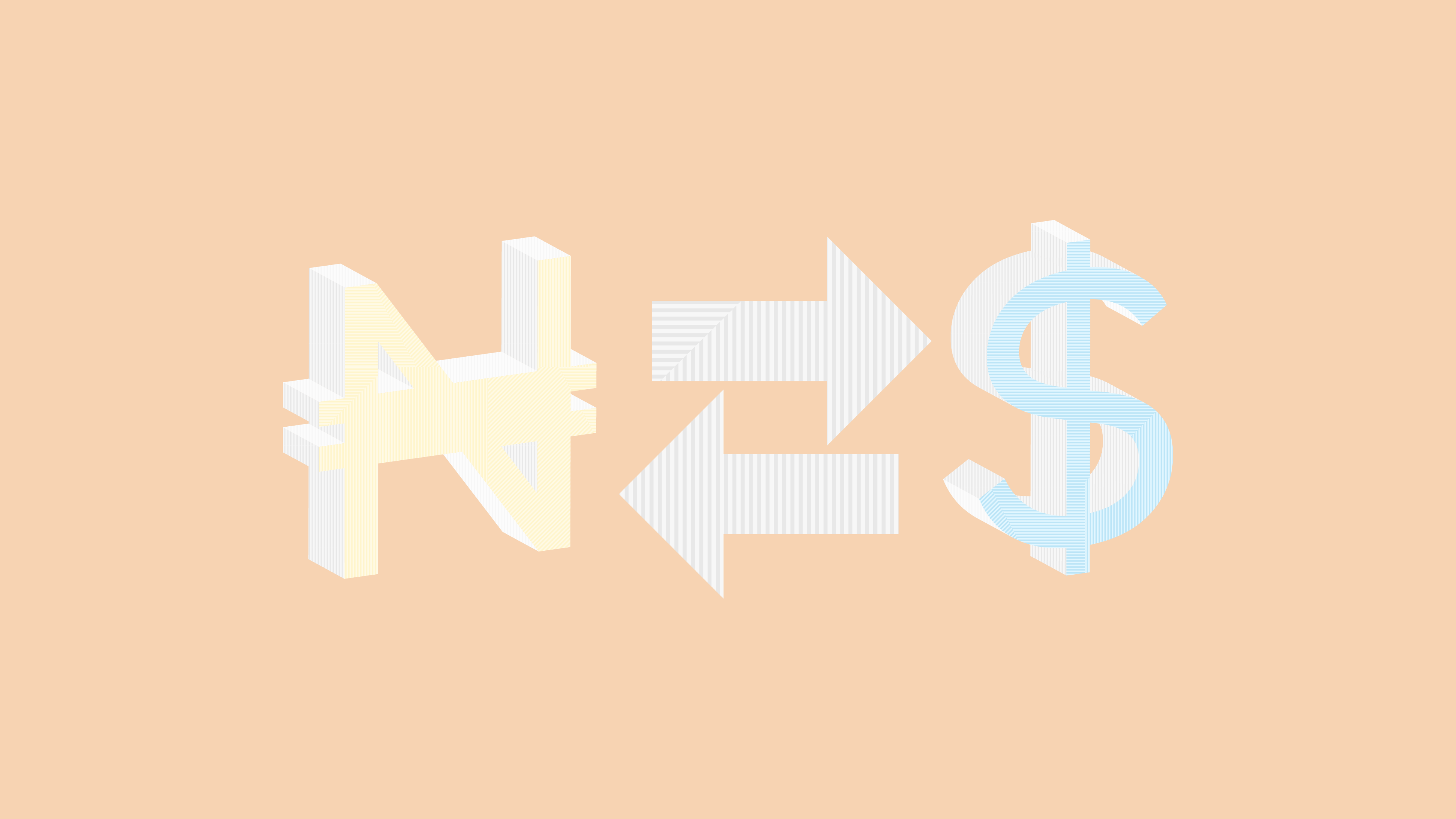
The phrase “commodity exchange” may evoke thoughts of a busy market with cows and chickens for people who are unfamiliar with finance, but the reality is far more fascinating. Amongst other things, commodity Exchange serves as an essential avenue for investors looking for a diversified/variety of ways to increase their money.
In this article, we’ll break down the concept of a commodity exchange (also called commodity market). We will also explore the different types of commodities traded, and the myriad benefits it offers to investors.
What is a Commodity Exchange?
A commodity exchange is a marketplace where different commodities are traded, including financial instruments, metals, agricultural products, and energy resources. These exchanges offer methods for price discovery as well as liquidity to make it easier to buy and sell commodities.
Imagine a massive marketplace where commodities like oil, gold, wheat, and even electricity are traded, but in a virtual space, in place of the local market in your neighbourhood where you buy fruits, peppers, and vegetables.
How does Commodity Exchange Work?
Commodity exchanges function as a regulated platform where a network of buyers and sellers come together to trade standardized contracts.
These contracts specify the underlying commodity’s quantity, quality, and delivery terms. Through transparent trading mechanisms, prices are determined based on supply and demand dynamics, fostering fair and efficient markets.
These contracts come in various forms, but the most common are futures contracts. These essentially lock in a price for a specific commodity at a future date. This helps businesses manage risk and ensure they have the resources they need at a predictable price.
Types of Commodities Traded
Although the universe of commodities is extensive, however, here’s a breakdown of the primary categories:
- Energy: Oil, Natural gas, Electricity
- Metals: Gold, Silver, Copper, Iron ore
- Agricultural: Wheat, Corn, Soybeans, Coffee, Cotton
- Livestock: Cattle, Hogs
Benefits of Commodity Exchange
- Portfolio Diversification: Commodity exchange offers an additional asset class for portfolio diversification, reducing overall investment risk and enhancing long-term returns.
- Price Discovery: Transparent trading on commodity exchanges facilitates efficient price discovery, reflecting real-time market fundamentals and fostering fair valuation.
- Global Reach: Commodity exchanges operate on a global scale, providing access to a wide range of investment opportunities across international markets.
- Inflation Hedge: Commodities like precious metals serve as effective hedges against inflation, preserving purchasing power in times of economic uncertainty.

Who are the Key Players in a Commodity Market?
- Producers: Commodity exchanges are used by farmers, miners, and other producers as a risk management tool, price hedge, and source of future revenue.
- Traders: Speculators and investors actively participate in the commodities market to capitalize on price movements, aiming for profit through buying low and selling high.
- Consumers: Industries and consumers leverage commodity exchanges to procure raw materials at competitive prices, ensuring supply chain efficiency and cost optimization.
Examples of Commodity Market in Nigeria
1. Nigeria Commodity Exchange (NCX): This is a government-backed exchange established to facilitate the trading of a wide range of commodities, including agricultural products such as cashew, ginger, soya beans, sorghum, and groundnuts, as well as financial derivatives and solid minerals.
The Nigeria Commodity Exchange is the largest commodity exchange market in Nigeria and the rest of West Africa.
2. Lagos Commodities and Futures Exchange (LCFE): The LCEF offers a wider variety of commodities, including agricultural products, oil and gas, currency, and solid minerals. While it might not be the biggest in purely agricultural products, its wider range could position it as a larger overall exchange.
How to Invest in Commodities in Nigeria
You can invest in Commodities through mutual funds on Cowrywise. We currently have the Marble Halal Commodities mutual fund on Cowrywise which allows you to invest in a carefully selected mix of instruments, including securitized commodities, Fixed Income, and Equities instruments. Learn more about Mutual Funds on Cowrywise here.
